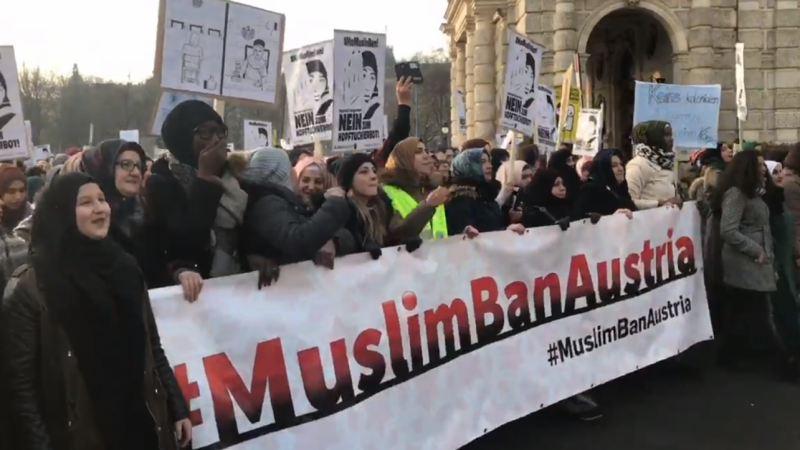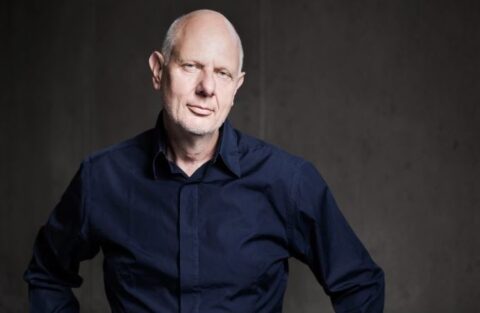Hundreds of working-class Austrians – with real roots to the nation’s culture and customs – have expressed to one of the most popular newspapers their opinions on mass migration, with many saying that they’re feeling like outsiders in their own country.
The comments came in reaction to national populist Vice Chancellor and Freedom Party of Austria (FPÖ) Chairman Heinz-Christian Strache’s remarks on the idea of ‘population replacement, and in response to an opinion piece in Kronen Zeitung that agreed that demographic changes are real but which disparaged Stache’s word choice as a ‘conspiracy theory’
Kronen Zeitung decided to republish a few of the comments made on that opinion article with many individuals expressing that they felt that mass migration had changed the country so much that they felt incredibly alienated.
One Kronen Zeitung reader wrote, “On the streets, in the public transport and the municipal buildings: We feel like foreigners in our home.”
Another comment read, “In our elementary school out of consideration for foreign cultures no more excursions are made, the diet is adapted to religious wishes, the violence of the foreign elementary school boys is frightening,” while another person observed, “Foreign-language parents with their children do not bother to speak our language… It’s sad, but one doesn’t feel well anymore.”
Another expressed, “The mood in our condominium has deteriorated so much that we (65 and 68) are ready to move away to finally be able to live in peace again.”
Early this year, a physician and former MP from Austrian People’s Party spoke with a local Austrian television station about Austrian girls having to wear headscarves in order to prevent street harassment and assault by male Muslim migrants.
In the interview, he stated, “Speak with women on the street, speak with children, speak with young girls. I myself know fathers who, when their daughters come home in the evening when they live in the problem area, give them headscarves so they won’t be recognized as Austrians. I know this personally, in the 15th district of Vienna, this is a fact.”
In October of 2017, Kronen Zeitung reported that two classrooms in Austria – in the cities of Klagenfurt and Villach – had become the very first in the entire country’s school system to have classes were not one school child speaks German as their native language.
In 2016, going against advice from the Education Ministry, Viennese school director Andrea Walach warned of a ‘lost generation’ of migrant-background children at her school due to their difficulty learning German. Walach estimated that as many as a third of those unable to speak good German would – as a result – have their educational and future job prospects highly limited, and would thus need to rely on further financial support from the state.
But it’s not only Austrians who are feeling alienated in their own country due to mass immigration. This seems to be going on all throughout the western world.
For example, in the United States, the Washington Post and Humans of New York revealed that native English-speaking people from the country’s working class were also feeling alienated and isolated because their workplaces have become increasingly dominated by non-English speaking immigrants.




